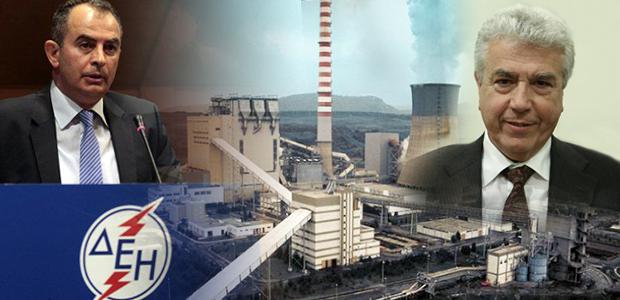Having accepted the dire financial position main power utility PPC finds itself, coupled with the utility’s inevitable market share losses amid intensifying competition, the corporation’s president Manolis Panagiotakis, in an effort to appease its main union group Genop, has forwarded a letter to employees calling for a concerted effort to help the utility overcome challenges and achieve goals.
Phrases used by the utility chief, in his letter, such as “the corporation needs every single one of us more than ever before” and “no matter how many sacrifices are needed, I am certain that PPC workers will respond” make clear the sense of urgency, if not desperation, felt at the troubled giant.
PPC is in trouble as a result of an alarming level of unpaid receivables and the need to conform to European Commission and international creditor requirements for a reduction of dominant market shares through various measures.
In a noteable development, Panagiotakis publically admitted, for the first time, that PPC may find it hard to service corporate debt obligations in the future.
“It is clear, given the accumulating commitments – loans, investments – that the situation is becoming critical,” Panagiotakis noted.
It remains to be seen whether the PPC chief’s call for unity will convince Genop, the main workers union. It has kept a distance from Panagiotakis for quite some time.
PPC will hold a general shareholders meeting tomorrow to endorse the breakaway and sale plan for subsidiary firm IPTO, the power grid operator.
Genop is believed to be preparing to take various measures in an effort to block the IPTO sale. The union group is expected to argue that the social security interests of IPTO employees are inextricably linked to PPC and use this argument within a legal context.
The union, at tomorrow’s PPC general shaeholders meeting, is also expected to urge shareholders to reject the plan for a split and sale of IPTO. The Greek State is PPC’s main shareholder with a 51.12 percent stake, including a 17 percent stake held by TAIPED, the State Privatization Fund.





